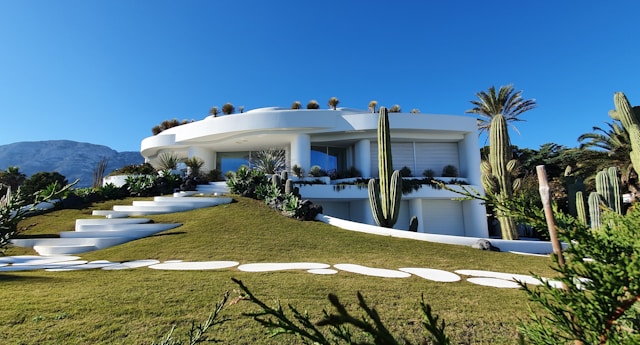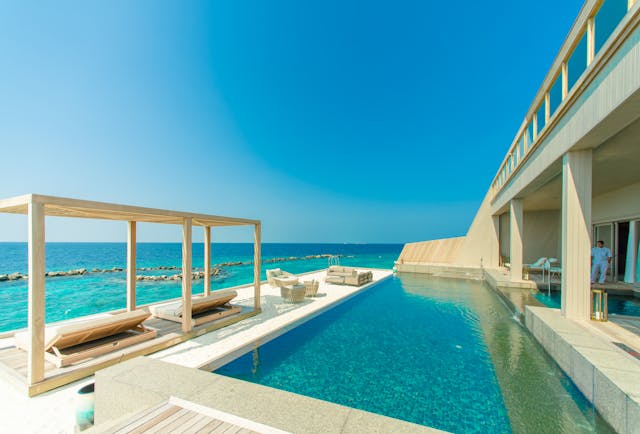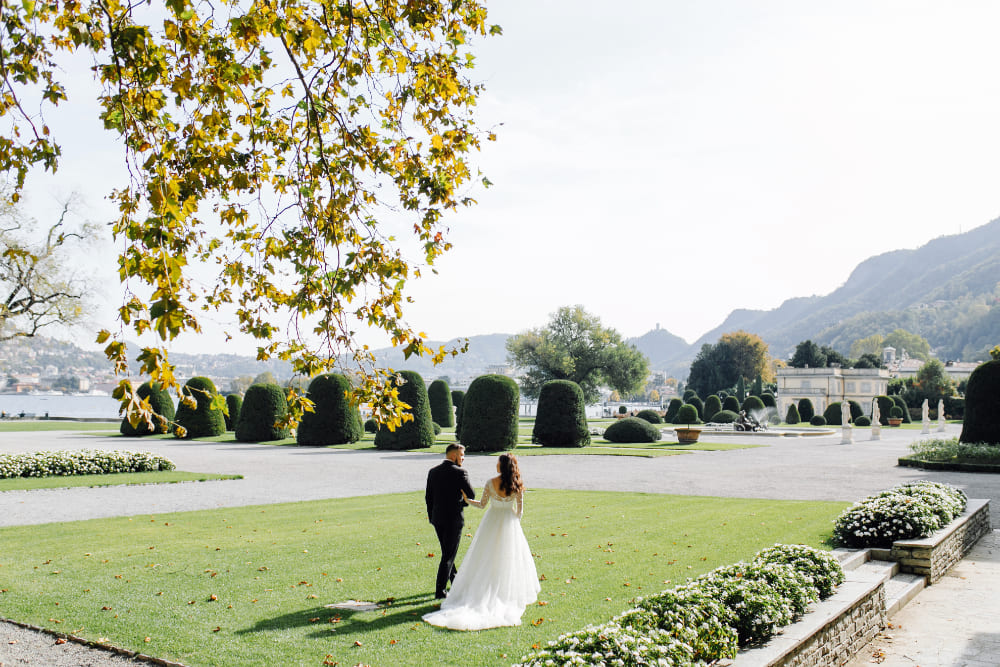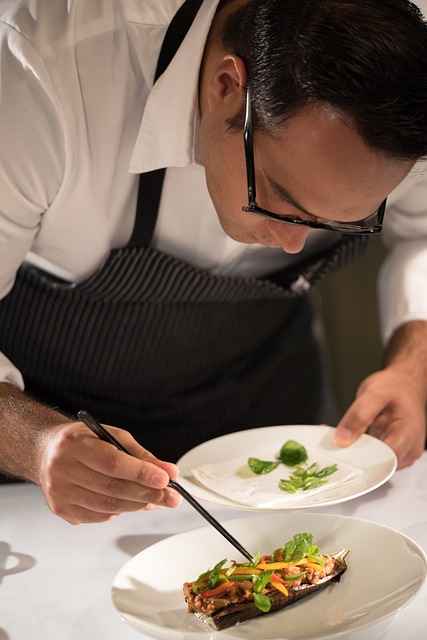In 2025, eco-conscious fashion has firmly established itself as the epitome of modern luxury. Gone are the days when sustainability in fashion was a niche concern. Today, it’s the driving force behind haute couture and ready-to-wear collections. Designers are embracing innovative materials like bio-fabricated leather made from mycelium and fabrics derived from agricultural waste, which require fewer resources and generate minimal emissions. These innovations ensure that sustainability and elegance are no longer mutually exclusive.
Blockchain technology has revolutionized the transparency of supply chains, allowing consumers to trace the origins of every garment they purchase. This approach ensures that ethical practices are upheld at every stage, from sourcing raw materials to final production. Platforms like Good On You make it easier for buyers to identify brands that align with their eco-conscious values. Rental services for luxury garments are another exciting development. By renting rather than purchasing, consumers not only save money but also significantly reduce the environmental impact of fast fashion.
Circularity is another buzzword redefining fashion. Brands are designing clothes meant to be recycled or upcycled after their lifecycle. A report by Business of Fashion highlights that the resale market is growing 11 times faster than traditional retail, signaling a shift in consumer priorities. The rise of plant-based dyes and biodegradable packaging further exemplifies how the luxury fashion industry is making strides to reduce waste while remaining undeniably chic.
Green Real Estate – Building a Sustainable Tomorrow
Luxury real estate has undergone a transformation, with sustainability now being a hallmark of sophisticated living. Green architecture and smart technologies are reshaping how opulent homes are built, maintained, and experienced. In 2025, homes equipped with solar roofing systems, geothermal heating, and smart energy grids are setting new standards for eco-friendly living.
Net-zero homes are becoming increasingly popular among the elite, as these properties generate as much energy as they consume. Architects are designing with renewable materials like bamboo, hempcrete, and reclaimed wood, blending luxury with environmental responsibility. Biophilic design principles, which integrate natural elements into built environments, are gaining traction for their aesthetic appeal and wellness benefits. Vertical gardens and indoor ecosystems not only reduce urban heat but also improve indoor air quality, a vital consideration for high-end homeowners.
Smart home technology plays a crucial role in optimizing energy efficiency. AI-driven systems that monitor and adjust energy use, such as advanced thermostats and lighting systems, ensure that luxurious living does not come at the planet’s expense. According to the International Energy Agency, energy-efficient buildings could reduce global CO2 emissions by 8% by 2030, making this trend as practical as it is luxurious. Tools like Energy Star Portfolio Manager empower property owners to track their energy savings and further reduce their environmental footprint.
Culinary Sustainability
Fine dining in 2025 is not just about extraordinary flavors—it’s about sustainable practices that respect the planet. Elite chefs are championing farm-to-table dining, prioritizing seasonal, locally sourced ingredients to minimize environmental impact. Some restaurants are taking it a step further by cultivating their own rooftop gardens or working with regenerative farms that restore soil health.
The push for zero-waste kitchens is gaining momentum, with chefs finding creative uses for every part of an ingredient. Think carrot tops transformed into pestos, or spent coffee grounds used for desserts. This approach not only reduces food waste but also pushes culinary creativity to new heights. Foraged ingredients are becoming a staple in menus, giving diners an opportunity to taste hyper-local flavors while supporting sustainable ecosystems.
Technology is playing a pivotal role here as well. Apps like Too Good To Go help upscale restaurants reduce food waste by selling surplus dishes to eco-conscious diners. Aquaponics and vertical farming are providing high-end establishments with fresh, pesticide-free produce grown in urban settings. According to a UN report, food waste is responsible for 8% of global emissions, underscoring the importance of these changes in the culinary world.
The rise of plant-based fine dining is another noteworthy trend. With the advancements in meat alternatives, plant-based proteins have become staples in high-end kitchens. Dishes featuring jackfruit, lab-grown seafood, and pea-protein-based innovations are impressing even the most discerning palates. Fine dining in 2025 is as much about redefining luxury as it is about reshaping how we interact with our food system.
Technology Paving the Way for Sustainability
2025 has cemented technology’s role as a driving force in sustainable luxury. Tools like AI-powered carbon trackers help consumers monitor their personal environmental impact, while apps such as Olio connect people to share surplus food within their communities. Advanced water-saving gadgets like low-flow shower systems and rainwater collection tanks are becoming must-haves in luxury homes.
Blockchain is also a game-changer, ensuring transparency and ethical sourcing in industries ranging from fashion to real estate. These innovations make sustainable luxury not just a trend but a practical and scalable reality for those who value both quality and responsibility.
Redefining Affluence
The definition of luxury has shifted in 2025. It is no longer about excess, but about making informed choices that uplift both people and the planet. Sustainable luxury blends indulgence with responsibility, allowing consumers to experience the finer things in life without compromising their values.
The Path Forward
As 2025 progresses, the trajectory of sustainable luxury continues to inspire innovation across industries. From eco-friendly wardrobes to green real estate and culinary creativity, every aspect of high-end living is being reimagined with sustainability at its core. Consumers who prioritize these values are driving a profound cultural shift, proving that luxury can indeed be a force for good.
For more insights into sustainable innovations, visit this resource.




